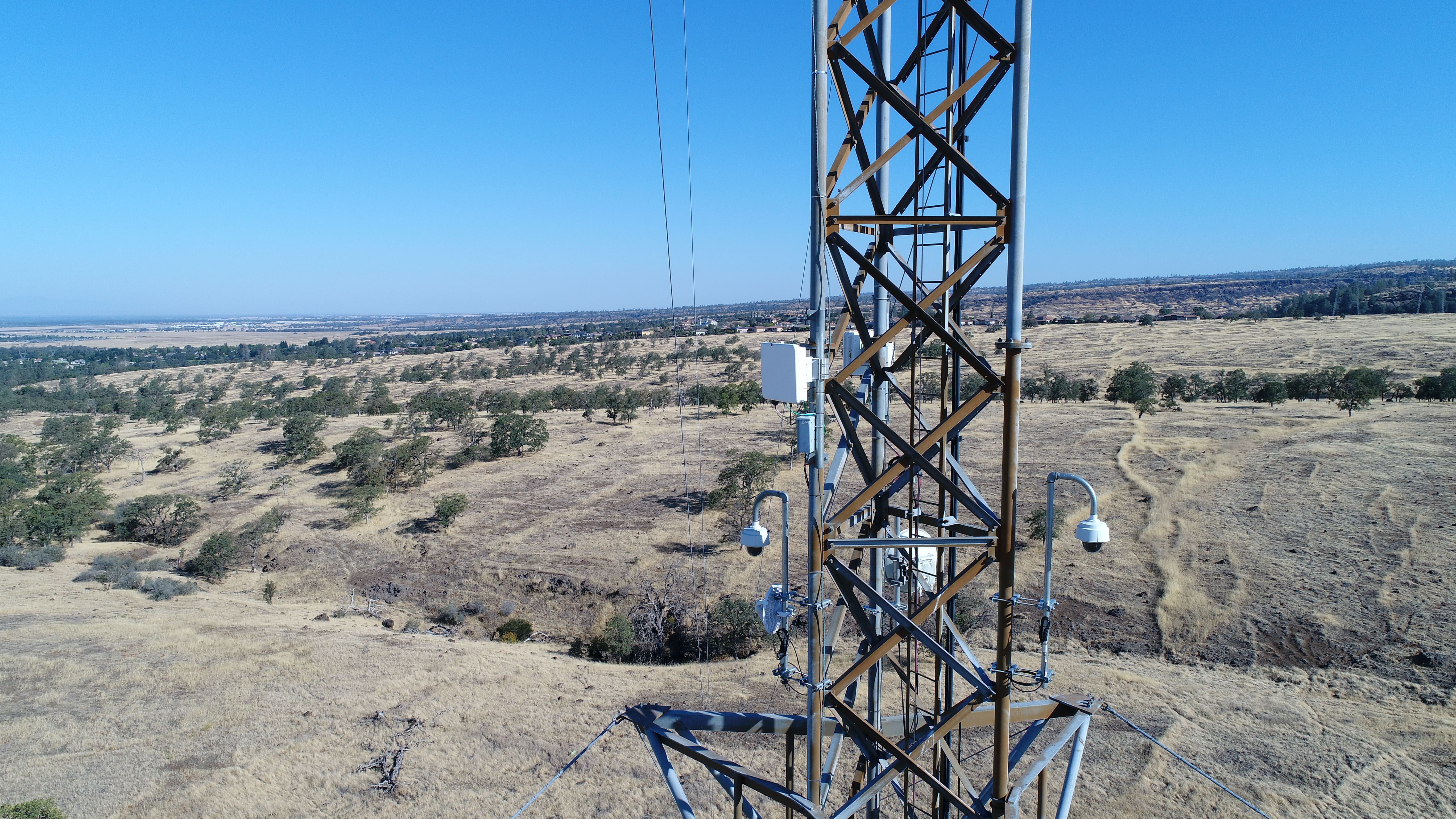Studies have shown the more connected a community is, the more opportunities are generated in terms of jobs and economic development. But not all communities have equal access to the internet.
Tarana Wireless is partnering with rural communities to rapidly bring new services and opportunities through next-generation fixed wireless access (also known as ngFWA).
Embracing the Digital Economy
Technology has become deeply embedded in how we work, learn, shop, and play. This has dramatically increased the demand for digital skills. Online connectivity is the pathway to digital skills that enable well-paying jobs and trades such as:
- Digital office worker and related skills (email, word processing, and spreadsheets)
- Online research and knowledge work
- Digital communications such as online news content creation and publication
- Online training/educators
- Online health service technicians, nurses, and doctors
- More efficient agriculture and animal husbandry via computerized tools and automated farming
- Installation and maintenance of physical communications infrastructure
- Cybersecurity to protect infrastructure, business, and residential computers and information
Digital competency is required for 80% of all middle-skill jobs. These jobs require some postsecondary education such as an associate’s degree or apprenticeship but not necessarily an undergraduate or graduate degree. Middle-skill jobs tend to be well-paying, many of which can be performed within the community, keeping jobs local and attracting new residents and businesses.
With so many new jobs requiring digital competency, the urgency to ensure everyone has some level of skill has only increased. Crucially, there is a growing lack of sufficiently trained middle-skill workers to fill existing needs. This gap represents new opportunities for rural communities.
Better Broadband is a Necessity, Not a Nice to Have
If online connectivity is the pathway to digital skills acquisition, better broadband is the necessary foundation for internet access. Lack of sufficiently fast or reliable broadband is a major hurdle to gaining digital skills or deploying new services and applications. Communities that invest in better broadband reap measurable growth in jobs and economic development. A study by Deloitte describes how:
- ByteBack, a nonprofit that provides digital skills training to adults in the Washington D.C. and Baltimore area, reports graduates of its programs earning $23,000 per year more after completing their program.
- Higher broadband speeds, up to 150 Mbps, drive noticeable improvements in jobs growth.
- A 10-percentage point increase in broadband penetration in 2016 would have resulted in 806,000 additional jobs by 2019 for the US economy.
- A 10-percentage point increase in broadband access in 2014 would have resulted in 875,000 additional US jobs and $186B more in economic output by 2019.
Online connectivity and greater broadband access also bring economic improvement for small business owners looking to expand their market through internet-based sales and marketing or to improve existing services. Unreliable broadband can be a barrier to business applications such as credit card processing, video surveillance, online purchasing of supplies, and online payroll processing.
As more consumers move to online shopping, businesses must also move to an online presence. Research published by Statista estimates US e-commerce revenue will reach $1B in 2023 alone. This represents a 100% increase in revenue from 2019. Rural business owners cannot afford to miss out on participating in the digital economy.
Next-Generation Wireless Brings Broadband to Rural Communities
Rural communities have many choices to make when it comes to connecting their communities. The faster a community gets online, the faster economic benefits accrue. Tarana offers fiber-class wireless broadband at a fraction of the cost and time to deploy fiber while amply meeting all reliability and speed requirements. We do this through innovation in next-generation wireless access, powered by a number of industry firsts and well-proven breakthroughs that allow rural communities to build networks that would not have been possible with previous legacy wireless systems. We take a fresh, clean sheet approach that re-imagines the meaning of reliable high-performance wireless communications.
Our Gigabit 1 (G1) platform comprises base node (BN) radios that are mounted on towers or other vertical assets similar to cellular networks. The base node communicates with remote nodes (RNs) mounted on the sides or rooftops of the home, school, community center, or business. All hardware is managed via a cloud-based management system called Tarana Cloud Suite (TCS).
At Tarana, we believe high-speed, reliable broadband is a necessity and a right for all individuals. Access to technical skills and online e-commerce markets represents significant job creation and economic development; next-generation fixed wireless brings these benefits faster, more affordably, and at greater scale than any other technology.
If you just can’t wait to learn more, check out our other blogs or some of our favorite customer links. Or reach out to us at info@taranawireless.com. We’d love to hear from you.


